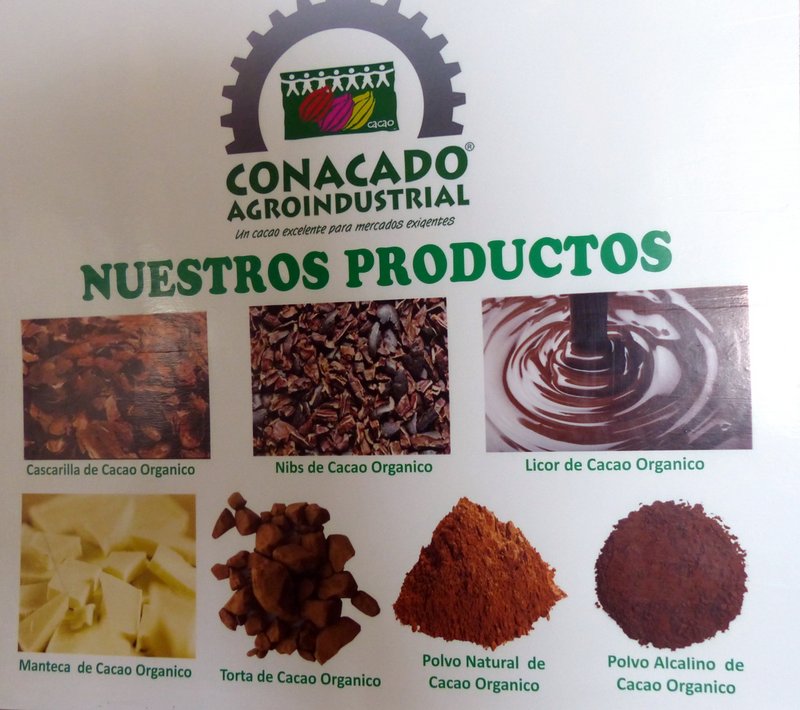WEBSITE:
https://www.mkcosmeticos.com
COUNTRY:
Dominican Republic
COMPANY PROFILE:
Created in 2002 in Santo Domingo, Laboratorio MK Cosméticos SRL, is a cosmetic laboratory whose main objective is the manufacture, sale and distribution of hair cosmetic products based on complete hair care. Branded “Vitaly†the product is exclusively sold in beauty salons, while the other brands are distributed in supermarkets and other stores of the Large-scale Organized Distribution.
PRODUCTS:
The company currently has six hair product lines: Vitaly, Sedoso, Finely, Mi Kakito (MK), Evo Beauty and Redsy. These products cover all aspects of hair care, including the prevention of hair loss, growth aid, hair straightening, hair restructuring, hair color, hair Ph balance, and energize, hydrate, nourish and soften the hair.


























































